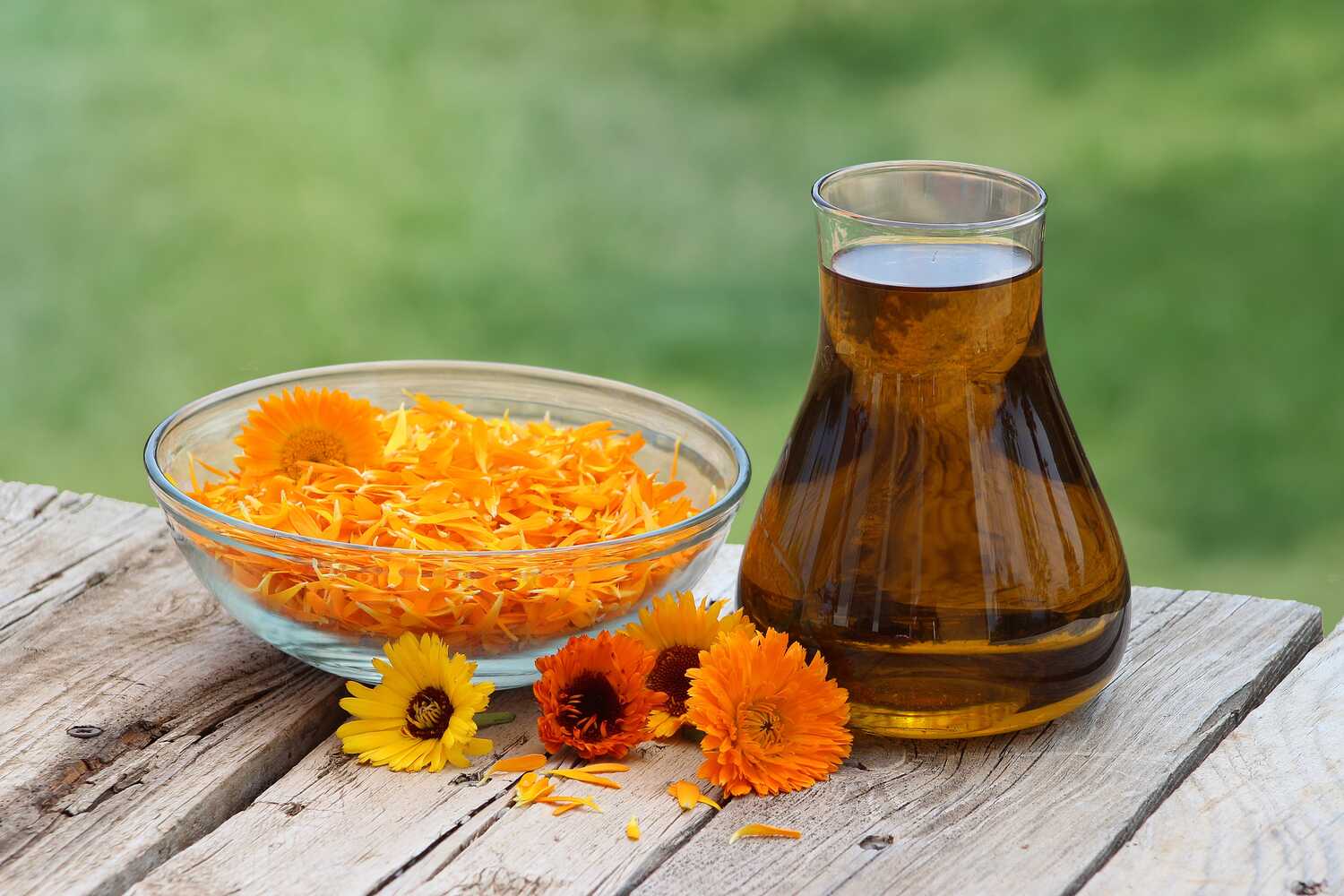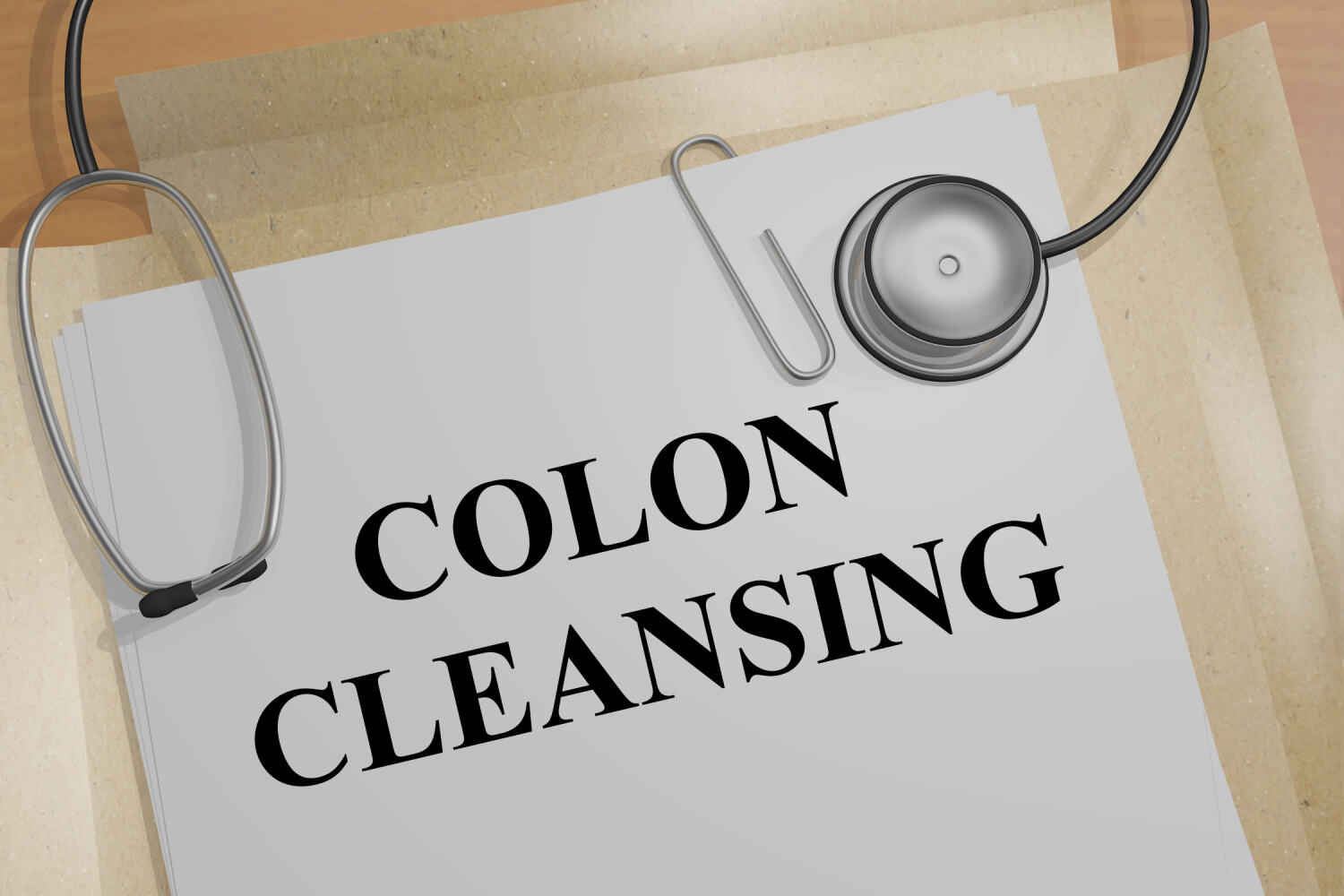
Eating Parsley in Pregnancy – Is it Harmful?
6 min readWritten by Editorial Team


Whether you are pregnant or breastfeeding, eating parsley is fine as long as you have it within limits. However, eating parsley in pregnancy in excess is likely to be unsafe during pregnancy. A study stated that herbal infusions and oils extracted from herbs including parsley can induce abortions (1).
Even though parsley has its own great, flavorful taste, you must always consult a doctor before you plan to have some in your diet. Many of the herbs, despite their medicinal value, pose many unforeseen impacts on pregnancy. Does parsley fall into this group? Read on to understand everything about eating parsley in pregnancy.
Parsley is called by different names in different Indian languages. Let’s have a look at some of the top ones –
- Hindi – अजमोद
- Telugu – పార్స్లీ
- Tamil – வோக்கோசு
- Kannada – ಪಾರ್ಸ್ಲಿ
- Malayalam – ആരാണാവോ
- Odia – ଭୃସଙ୍ଗ ପତ୍ର |
- Bangla – পার্সলে
In This Article
- Is it Safe to Eat Parsley in Pregnancy?
- Nutrition Facts of Parsley
- Safety Tips For Consuming Parsley During Pregnancy
- Side Effects of Eating Parsley in Pregnancy
- Top Health Benefits of Eating Parsley During Pregnancy
- FAQ’s
Is it Safe to Eat Parsley in Pregnancy?
Parsley is a popular herb used for flavoring food items globally. It has a range of health benefits and side effects as well. Parsley oils can stimulate the uterus and can cause uterine contractions. You can have parsley regularly during other times. But, when you are pregnant, it is vital to consult a doctor first and then work your way through the consumption amounts.
It is safe to consume during pregnancy, but its over-consumption will have various health complications. So, your doctor is the one to determine if you can eat parsley, and even if you do, then what your right amount is.
Nutrition Facts of Parsley
Here are the nutrition facts of parsley per 100g (2).
| Nutrients | Value |
| Water | 87.7 g |
| Protein | 2.97 g |
| Total Lipid | 0.97 g |
| Carbohydrate | 6.33 g |
| Total Dietary Fiber | 3.3 g |
| Calcium | 138 mg |
| Iron | 6.2 mg |
| Magnesium | 50 mg |
| Phosphorus | 58 mg |
| Potassium | 554 mg |
| Sodium | 56 mg |
| Zinc | 1.07 mg |
| Copper | 0.149 mg |
| Manganese | 0.16 mg |
| Vitamin C (Total Ascorbic Acid) | 133 mg |
| Total Folate | 152 µg |
| Vitamin B6 | 0.09 mg |
| Selenium | 0.1 µg |
Safety Tips For Consuming Parsley During Pregnancy
Whether you are in the early stages of pregnancy or focusing on the last trimester, there are some tips to focus on when planning to consume parsley.
Make sure to have a direct chat with your gynecologist to understand the right amount to consume every day. This amount will likely change based on the level of pregnancy you are in. But, before any of that, it is time to focus on some important tips first.
1. Proper Cleaning is a Must
Be sure to wash and then clean the parsley leaves properly to remove germs and dirt from the surface. Avoid using rotten leaves as that might lead to unwanted food poisoning.
2. Natural Parsley Growth Without Chemical Fertilizer
To be on the safer side, you should try to grow parsley at home without the use of fertilizers. This way, you can ensure that the herb is safe to consume.
Side Effects of Eating Parsley in Pregnancy

Research studies are still going on regarding the right amount of parsley that pregnant women can consume without worry. There is no conclusive recommendation on the optimal consumption limits.
Here are some side effects that can affect you and your unborn child. So, let’s get on with the details.
1. Can Lead to Abortion or Miscarriage
Excess consumption of parsley can be risky during pregnancy as it is rich in apiole. A study states that usage of apiole-extracted oils (parsley) can cause abortions (3). Always consult your doctor or gynecologist before consuming this herb. Depending on your pregnancy stage and its complications, doctors can make the right decision for you to follow.
2. Allergic Reactions
Consuming parsley when pregnant can sometimes lead to some allergic reactions (4), mainly if you are sensitive to carrots, dill, or celery.
3. Hemoglobin Issues
If you consume parsley oil in large amounts, it can result in some hemoglobin issues in your baby’s blood. The most common problems can be seen in the form of lowered hemoglobin levels, leading to fetal anemia (5).
[Read : Fetal Anemia During Pregnancy]
4. Increase Myristicin and Apiol
Having green teas with parsley seed and leaf extracts can increase the levels of myristicin and apiol in your body which may not be safe for you or your growing baby when you are pregnant.
5. Balance Loss and Dizziness
Myristicin in parsley oil can cause additional side effects like balance loss and dizziness (6).
6. Affecting Heartbeat in Unborn Child
Myristicin will reach out to your baby directly as it passes through the placenta. When it reaches your unborn child, it can affect the heartbeat, leading to an increased rate.
7. Can Harm the Kidneys
In some severe cases, parsley oil might harm the kidneys and may cause seizures. So, if you are carrying a life inside you, it is better to consult a doctor first before adding parsley to your menu.
Don’t go for main parsley dishes but use them as a garnish on top, which will give that added flavor but without much consumption. In case of a complicated pregnancy, stay away from having parsley based on the advice of your doctor.
Top 6 Health Benefits of Eating Parsley During Pregnancy

You might have been a huge fan of parsley, and it has helped you in flavoring your food. The good news is that now, even doctors are recommending parsley when pregnant because of the impeccable health benefits that come with it (7). So, let us focus on those benefits first.
1. Perfect For Glowing Skin
Parsley is excellent for healthy and glowing skin (8). During pregnancy, some women face rough skin texture or major breakouts. Consuming parsley during this point will help you to take good care of your skin from within.
2. Avoid Iron Deficiency
If you can add parsley to your diet, you can keep iron deficiency at bay (9), a common issue among pregnant women, at bay. Parsley is rich in vitamin K and calcium and helps maintain your bone health while you are pregnant.
[Read : Vitamin K During Pregnancy]
3. Perfect For Relieving Joint Pain
Some women suffer from joint pain during the late stages of pregnancy. Well, that’s when parsley comes to the rescue. Parsley can reduce joint pain because of its anti-inflammatory properties. It can even fight issues like gas and bloating.
4. High Source of Magnesium And Potassium
Parsley has magnesium and potassium minerals that reduce the swelling of feet and hands during pregnancy. It can even keep your heart healthy.
5. Excellent Antioxidant
Parsley is an excellent antioxidant (10), which helps in boosting your immune system during pregnancy. It is rich in Vitamin B and C.
6. Rich in Folate
If you are looking for folic acid-rich foods, parsley is the perfect herb for you. Folic acid is crucial for the nervous system development of the fetus (11).
[Read : Folic Acid – A Friend From Day One]
FAQ’s
1. How Much Parsley Should I Eat Per Day?
For proper intake of Vitamin K, having ten sprigs of parsley is more than enough. But, make sure to opt for organic parsley only.
2. Is Parsley Better Cooked or Raw?
Parsley is known to have a good amount of flavone apigenin. When cooked, the beneficial effects of the herb may go down. For this reason, always eat this leaf raw to enjoy its health benefits.
3. Can Parsley be Poisonous?
If you are not allergic to parsley, it is safe to consume, but within limits. Most of the time, natural parsley leaves are non-poisonous, but rotten or chemically induced leaves may not be safe to consume. Rotten leaves can lead to food poisoning easily.
4. What Happens When You Eat Parsley Every Day?
Parsley is an excellent source of vitamin K, which helps your blood clot and results in a healthy bone structure. Consuming parsley every day and within the given range will help you get enough Vitamin K in your blood. Moreover, this leaf is rich in vitamin C too along with other antioxidants. So, that reduces any health risks like heart disease, cancer, stroke, and even diabetes.
References
- Herbal Infusions Used for Induced Abortion – [https://www.researchgate.net/publication/232045287_Herbal_Infusions_Used_for_Induced_Abortion]
- Parsley, fresh – [https://fdc.nal.usda.gov/fdc-app.html#/food-details/170416/nutrients]
- Maternal Reproductive Toxicity of Some Essential Oils and Their Constituents – [https://www.ncbi.nlm.nih.gov/pmc/articles/PMC7956842/]
- A Cases of Near-fatal Anaphylaxis: Parsley “Over-use” as an Herbal Remedy – [https://www.ncbi.nlm.nih.gov/pmc/articles/PMC4314155/]
- Exploring the Use of Herbal Treatments During Pregnancy Among Saudi Women – [https://www.ncbi.nlm.nih.gov/pmc/articles/PMC8631229/]
- Myristicin – [https://www.sciencedirect.com/topics/neuroscience/myristicin]
- Protective Effect of Parsley Juice (Petroselinum crispum, Apiaceae) against Cadmium Deleterious Changes in the Developed Albino Mice Newborns (Mus musculus) Brain – [https://www.ncbi.nlm.nih.gov/pmc/articles/PMC4761399/]
- PARSLEY LEAF EXTRACT AS AN OIL CONTROLLER INPEEL OFF MASK – [https://www.ijpcbs.com/articles/parsley-leaf-extract-as-an-oil-controller-inpeel-off-mask.pdf]
- Efficiency of Coriandrum sativum (Linn.) and Petroselinum crispum (Mill.) in Enhancing Iron Absorption: An In Silico and In Vitro Approach – [https://www.ncbi.nlm.nih.gov/pmc/articles/PMC9078780/]
- Petroselinum crispum has antioxidant properties, protects against DNA damage and inhibits proliferation and migration of cancer cells – [https://pubmed.ncbi.nlm.nih.gov/25582089/]
- The Importance of Maternal Folate Status for Brain Development and Function of Offspring – [https://www.ncbi.nlm.nih.gov/pmc/articles/PMC6520042/]
Read Also: Gongura During Pregnancy – Is it Safe to Eat, Top Benefits and Side Effects

Editorial Team,
With a rich experience in pregnancy and parenting, our team of experts create insightful, well-curated, and easy-to-read content for our to-be-parents and parents at all stages of parenting.Read more.
Responses (0)
Want curated content sharply tailored for your exact stage of parenting?
Related articles

Calendula During Pregnancy

Samosa During Pregnancy – Is It Safe to Eat?

Top Best Pregnancy Quotes And Sayings That Will Delight You

Colon Cleansing During Pregnancy – Is It Safe?

300 Popular Baby Names That Mean Weather With Meanings

Sparkling Water During Pregnancy – Benefits, Side Effects and Precautions
Sponsored content
Discover great local businesses around you for your kids.
Get regular updates, great recommendations and other right stuff at the right time.





